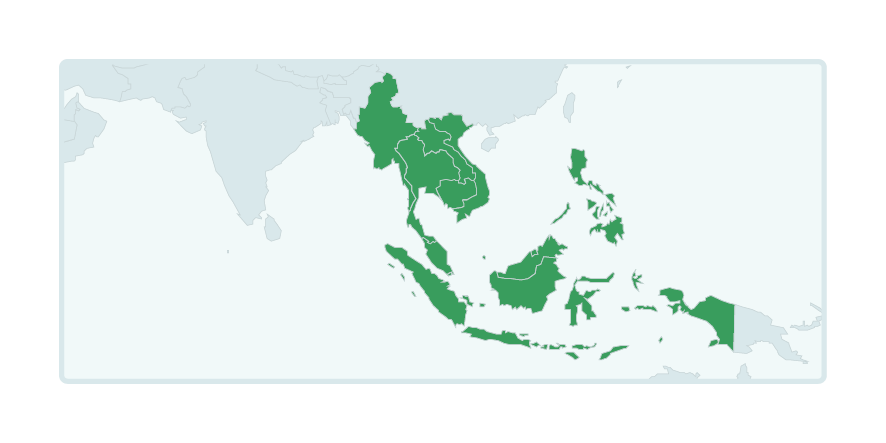In the Mekong region, the customary lands rights of family farmers – in particular of ethnic minorities living in uplands, plateaus, hills and mountains – are under threat. There is very little recognition of their rights by law, while their territories are facing projects for the construction of major infrastructure (dams, mines, transport) and an increase in large land concessions being attributed to agro-industrial companies, intended to encourage direct foreign investment in the agri-business sector.
In this context, the Mekong Region Land Governance (MRLG) project’s mission is to improve family farmers’ land tenure security by influencing national policies, and encouraging pilot actions aimed at resolving existing conflicts and improving the application of existing policies. It is supported by a network of more than 80 partners, including civil society organisations, relevant administrations, the private sector and the world of research.
The project, which is organised in three phases, is implementing multi-stakeholder alliances nationally and regionally to develop a strategic joint work programme. Its political and operational objective is recognition of customary land rights and responsible agricultural investments.
The alliances involve an extensive network of stakeholders concerned by the reform of land policies. They include government, public services, private companies, academic and research institutions, farmers’ organisations and, more broadly, civil society and NGOs. Through these networks, the project is facilitating production and sharing of knowledge to inform public policies, contribute to advocacy strategies, organise forums of dialogue with the political leaders concerned, and encourage pilot actions to improve the application of existing policies and conflict resolution.
The project is also organising national or regional workshops, during which all MRLG partners will share knowledge and experience.
The first of the 3 project phases was an exploratory phase, which set up numerous partnerships via calls for innovative, competitive, open projects. Phase 2 made it possible to implement national and regional alliances for collaborative actions, with a view to a common strategy. The final phase of the project focused on establishing the conditions necessary for the operationalisation of the alliances created, and on the production of knowledge generated by the project, in partnership with other projects working on influencing land tenure policies in multi-stakeholder networks.
GRET coordinates all of the project’s actions in partnership with Land Equity International. In the 4 countries, it is more specifically in charge of knowledge production, communication, alliance strategies and boosting the capacities of strategic land policy actors.
GRET also hosts the project in its 4 representative offices in Myanmar, Cambodia, Laos and Vietnam.
Overall project budget: 39 million euros.
Budget managed by GRET for phase 3 (2023-2025): 1,339,407 euros
